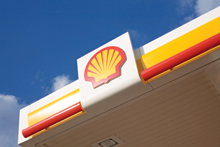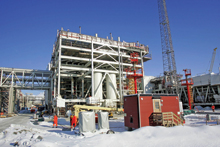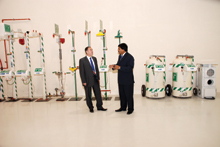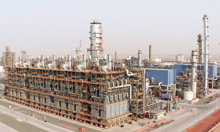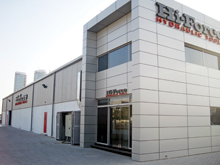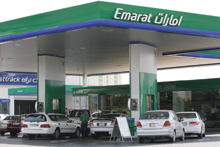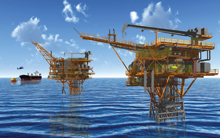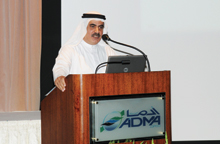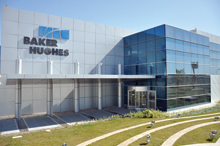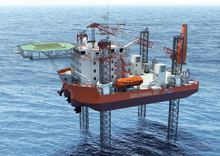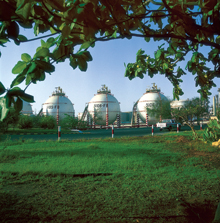
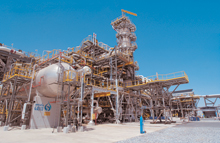 Gasco ... part of the Gas Directorate
Gasco ... part of the Gas Directorate
THE Abu Dhabi National Oil Company (Adnoc) is to seek international partners for a new joint venture to develop new gas resources in Abu Dhabi, the head of the company’s gas directorate says. Over the next few years, international oil companies will have opportunities to bid to join the venture that Adnoc plans to establish to develop untapped gas potential, Adnoc gas director, Mohammed Al Suwaidi, says.
“Adnoc is seeking a new strategic partner willing to begin developing gas in 2020. We believe gas production capacity must be developed to meet domestic demand growing at almost 15 per cent/year,” Al Suwaidi says. “We will focus on offshore gas resources,” he adds.
Abu Dhabi’s economy has thrived on the basis of partnerships between the emirate and international investors, including joint ventures in the emirate’s upstream oil and gas sector, Al Suwaidi says.
“Adnoc is observing and actively discussing the vast potential of Abu Dhabi for non-conventional gas production. We will remain open to exploring the opportunities for partnership,” Al Suwaidi adds.
The Adnoc gas directorate was created in 2012 by an executive order of the Abu Dhabi Supreme Petroleum Council chaired by UAE President Sheikh Khalifa bin Zayed, the ruler of Abu Dhabi. It has a mandate to guide and manage new Adnoc gas development and transmission projects, Al Suwaidi says.
The gas directorate coordinates and oversees the operations of four Adnoc units: Gasco, which produces and processes associated gas from Abu Dhabi oil fields; Adgas, which produces and exports LNG; Al-Hosn Gas, which is developing Abu Dhabi’s onshore Shah sour gas field; and Elixir, which produces nitrogen used by Adnoc in enhanced oil recovery projects.
The Shah field, a deep gas deposit heavily laced with toxic hydrogen sulphide, is expected to come onstream in 2014, Al Suwaidi says.
The development, operated by a joint venture between Adnoc (60 per cent) and the US’ Occidental Petroleum (40 per cent), is expected to yield 540,000 mmcfd of sales gas from 1 bcfd of raw gas as well as byproducts including natural gas liquids and sulphur.
Earlier in 2013, Adnoc selected Shell as its joint venture partner to develop a second deep onshore sour gas development, the Bab gas field.
Abu Dhabi is the UAE’s leading emirate with about 94 per cent of the country’s proved gas reserves and more than 95 per cent of its oil reserves.
Nonetheless, Emirates LNG, a joint venture between Abu Dhabi government-owned Mubadala Development and International Petroleum Investment Company, is developing an LNG import facility in the emirate of Fujairah on the UAE’s Arabian Sea coast.
The facility will have an initial regasification capacity of 600,000 mmcfd and is expected to receive its first cargo in 2015, Steven Peacock, the chief operating officer of Mubadala Petroleum, says.
The start-up of the Emirates LNG terminal on the UAE’s Arabian Sea coast would boost the country’s total gas import capacity to 4.3 bcfd, Peacock says.
The Emirates LNG terminal will begin as a floating facility, as that is the quickest way to develop import capacity, Peacock says.
A second planned phase of the project would see some regasification capacity moves ashore and an additional floating storage vessel added. A potential third phase would see all the development’s regasification capacity moved ashore.
Another Abu Dhabi company, Dolphin Energyproduces gas offshore Qatar and exports it to the UAE and Oman.



































































